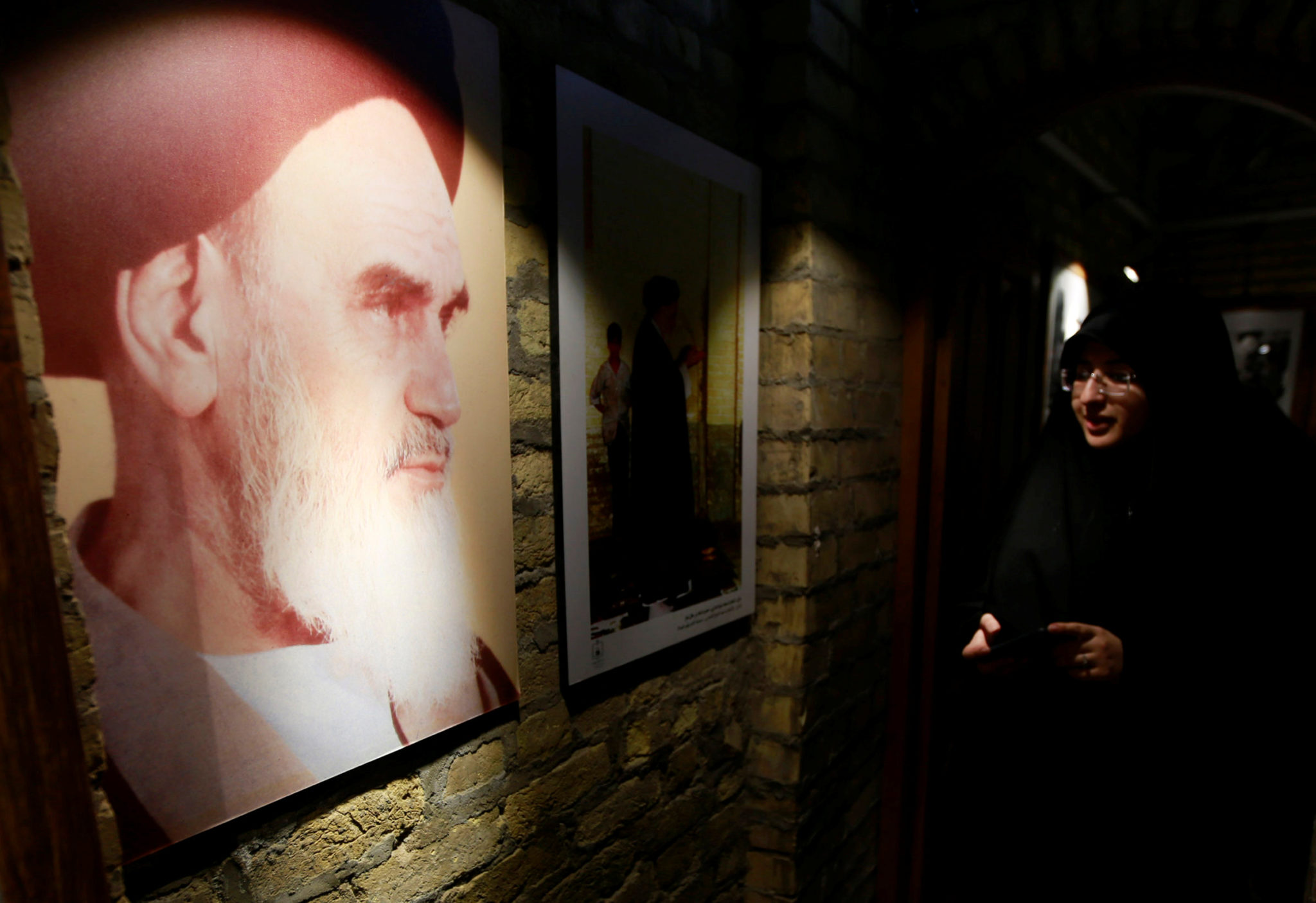There are a few global concerns that affect us all. The first is Iran. The second is Hezbollah. The final concern is the strategic partnership between Iran and China.
Logg inn for å lese videre (abonnenter).
Støtt uavhengige nyheter!
Bli abonnentPluss-artikler blir åpnet 48 timer etter publisering. Artikler som er eldre enn to år er forbeholdt abonnenter.






